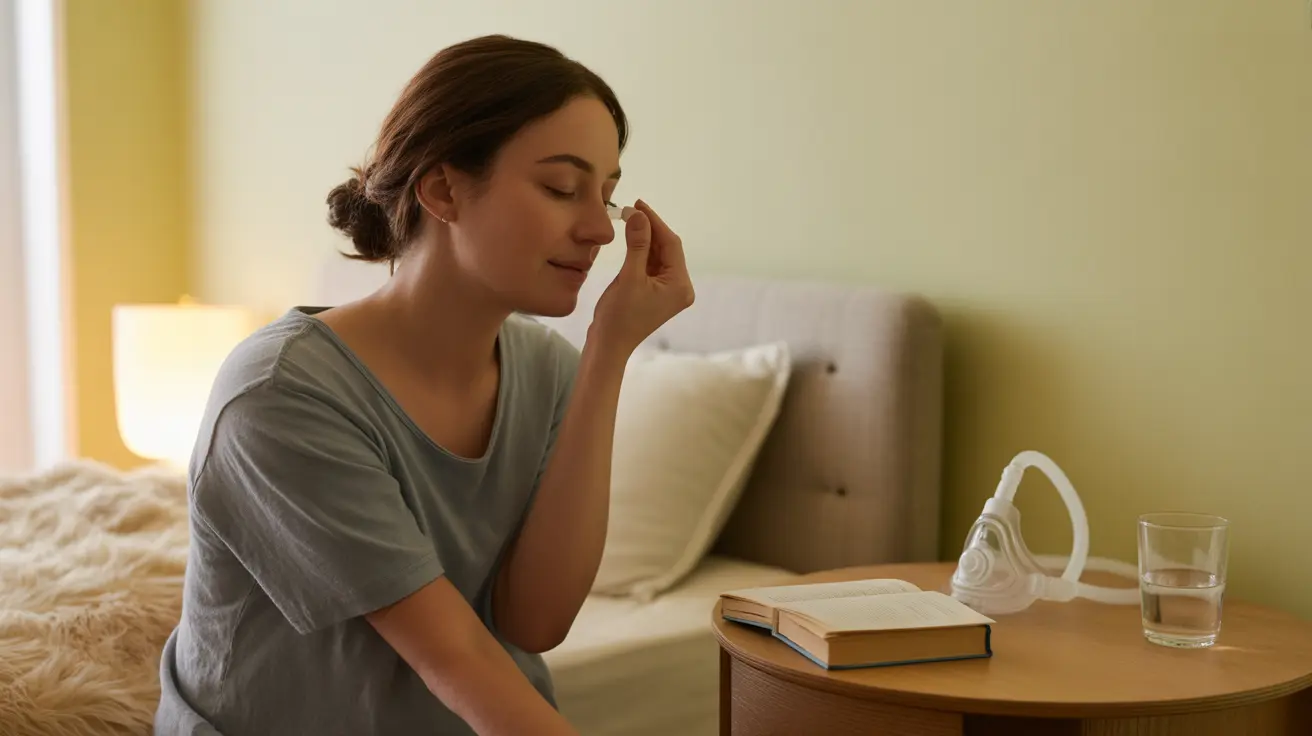For CPAP users experiencing dry eyes, finding the right eye drops can make a significant difference in comfort and treatment compliance. Continuous Positive Airway Pressure (CPAP) therapy is essential for managing sleep apnea, but mask leaks and airflow can sometimes lead to uncomfortable eye dryness. Understanding your options for eye drops and implementing proper care strategies can help you maintain both effective CPAP therapy and eye comfort.
Understanding CPAP-Related Dry Eyes
When using a CPAP machine, mask leaks can direct air toward your eyes, causing moisture to evaporate more quickly from the eye surface. This increased dryness can lead to irritation, redness, and discomfort, making it crucial to choose the right eye drops and implement effective prevention strategies.
Choosing the Best Eye Drops
Artificial Tears
Artificial tears are often the first-line treatment for CPAP-related dry eyes. Look for preservative-free options, which are gentler on the eyes and safe for frequent use. These drops come in single-use vials, eliminating the need for potentially irritating preservatives.
Gel-Based Eye Drops
For overnight relief, gel-based eye drops or ointments provide longer-lasting moisture. These thicker formulations create a protective barrier over the eye surface, helping to prevent moisture loss during CPAP use. Apply these products just before bedtime for optimal results.
Preventing Dry Eyes During CPAP Use
Proper Mask Fit and Maintenance
A well-fitting CPAP mask is crucial for preventing air leaks that can cause dry eyes. Regular mask maintenance, including cleaning and replacing worn components, helps ensure an optimal seal. Consider working with your sleep specialist to find the most suitable mask style and size for your face.
Humidity Management
Using a CPAP humidifier can significantly reduce eye dryness by adding moisture to the delivered air. Adjust humidity levels based on your comfort and local climate conditions. Some machines offer automatic humidity adjustment features to maintain optimal moisture levels throughout the night.
Additional Protection Strategies
Sleep Masks and Eye Shields
Wearing a sleep mask or specialized eye shields can provide an extra barrier against air leaks. Look for masks designed specifically for CPAP users, which can accommodate tubing while protecting the eyes from airflow.
Environmental Modifications
Consider using a room humidifier to maintain optimal air moisture levels in your sleeping environment. Position your CPAP machine properly to minimize direct air exposure to your eyes, and ensure your bedroom isn't too dry or drafty.
Frequently Asked Questions
What are the best eye drops or ointments to relieve dry eyes caused by CPAP mask leaks? Preservative-free artificial tears for daytime use and gel-based ointments for overnight relief are most effective. Look for products specifically designed for severe dry eyes and use them as directed by your eye care professional.
How can I prevent dry eyes from CPAP use by improving my mask fit and equipment? Regular mask maintenance, proper sizing, and correct positioning are essential. Work with your sleep specialist to ensure proper fit, and replace mask components as recommended by the manufacturer.
Are preservative-free or gel-based eye drops better for managing CPAP-related dry eye symptoms? Both have their place in managing CPAP-related dry eyes. Preservative-free drops are ideal for frequent daytime use, while gel-based products provide longer-lasting overnight relief.
What lifestyle changes or additional treatments can help reduce dry eye symptoms when using a CPAP machine? Maintaining good eye hygiene, staying hydrated, taking regular breaks from screen time during the day, and using proper eye protection during sleep can help minimize symptoms.
How does using a humidifier or sleep mask help protect my eyes from dryness during CPAP therapy? A CPAP humidifier adds moisture to the delivered air, reducing overall dryness, while a sleep mask creates a physical barrier against air leaks. Using both in combination can provide optimal protection against dry eyes.




